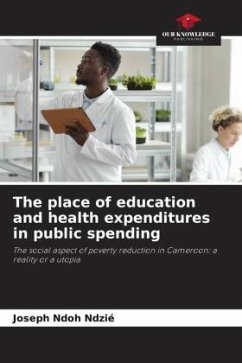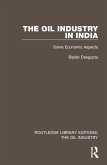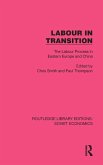This work highlights the inefficiency and ineffectiveness of public social spending allocated in the budget to fight poverty in Cameroon. Not only is the volume of these expenditures too low to hope to achieve the expected effect, i.e., to increase the human development index and its components, but the failure to take into account the microeconomic approach that advocates endogenization of inclusive growth is also lacking. The expected effect of public spending on education and health on improving the living conditions of the population remains negative, with the aggravation of ills such as corruption and bad governance. It is a reality to think that increasing the share of the national budget to education by 20 percent and to health by 15 percent, in accordance with the commitments made with UNESCO and the WHO, produces a significantly positive effect of this expenditure. It is also a utopia to think that poverty can be reduced by a flat application of the great macroeconomic theories.
Bitte wählen Sie Ihr Anliegen aus.
Rechnungen
Retourenschein anfordern
Bestellstatus
Storno








